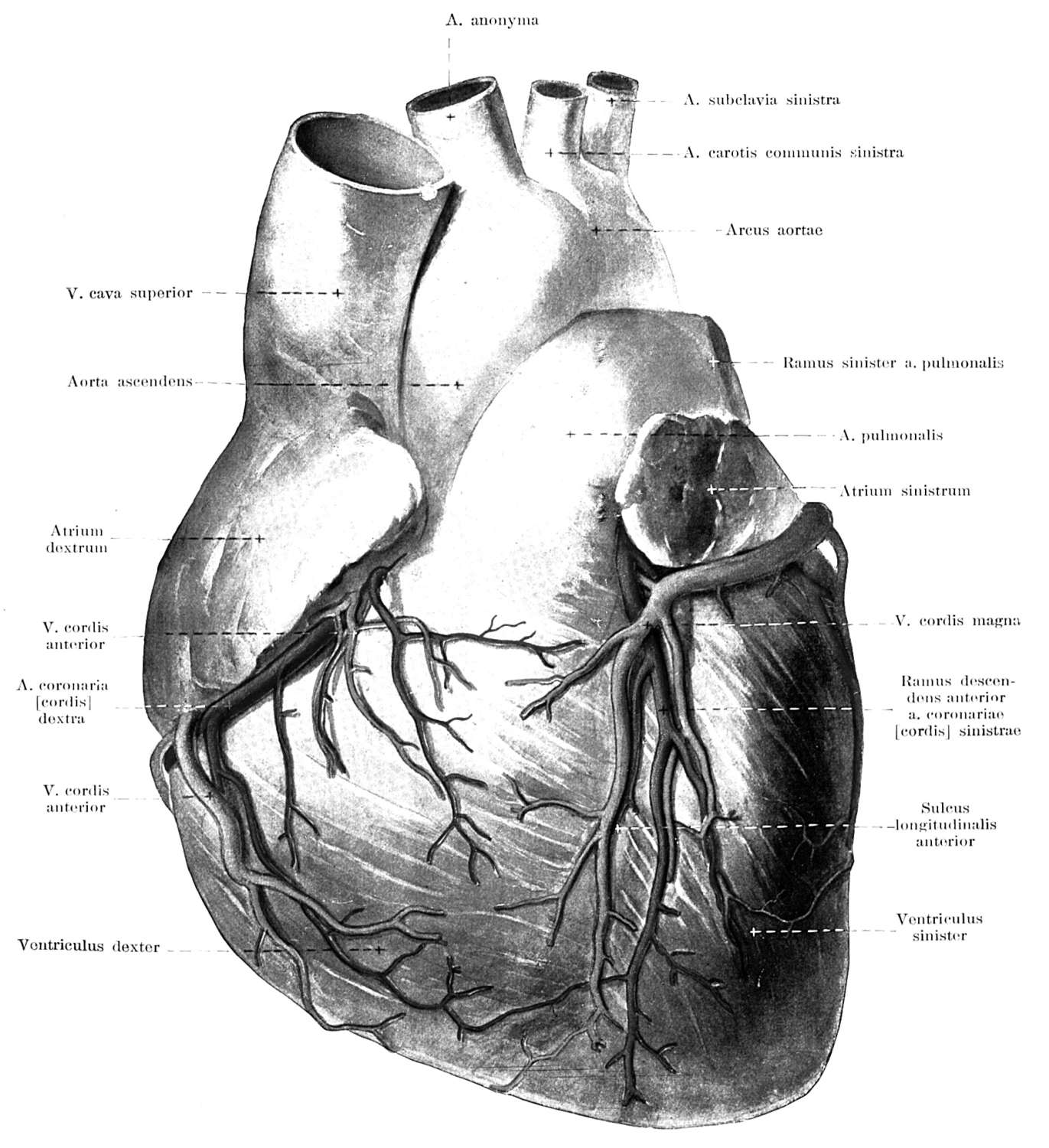
MONDAY, Feb. 23, 2015 (HealthDay News) — Sweating it out in a hot sauna may be relaxing, and new research suggests it may also be good for your heart health.
A study from Finland found that men who use saunas frequently are less likely to die from heart disease. Men’s risk was even lower when they visited saunas more often in a week, and when they spent longer periods of time in a sauna each session, the researchers reported.
The findings could cause cardiologists to reconsider commonly held concerns about exposing heart patients to the heat present in a sauna, said Dr. Paul Thompson, medical director of cardiology at Hartford Hospital in Hartford, Conn., and a member of the American College of Cardiology Sports and Exercise Cardiology Council.
“As a cardiologist, I have discouraged patients from using a sauna, from concerns over heat putting demands on a person’s cardiovascular system,” Thompson said. “Maybe we shouldn’t be so restrictive with our patients.”
While the study found an association between sauna use and improved heart health, it couldn’t show a cause-and-effect relationship between these factors.
Dr. Elliott Antman, a spokesman for the American Heart Association, explained, “We don’t know for sure that using the sauna was definitely the cause of the lower rate of cardiovascular events observed in those individuals who used the sauna.
“It could be that the individuals who use the sauna are individuals who are interested in a healthier lifestyle. There could be confounders here that explain the observation,” said Antman, who is also a cardiologist at Brigham and Women’s Hospital and Harvard Medical School in Boston.
The study is published in the Feb. 23 issue of JAMA Internal Medicine.
In the study, researchers studied more than 2,300 middle-aged men from eastern Finland. The men were between the ages of ages 42 and 60. The researchers followed their health for an average of two decades.
Frequent use of saunas consistently appeared to lower the risk of death from heart problems:
- Risk of sudden cardiac death was 22 percent lower after two to three sauna bathing sessions per week and 63 percent lower with four to seven sauna sessions per week.
- Risk of fatal heart disease was 23 percent lower for two to three bathing sessions per week and 48 percent lower for four to seven sauna sessions per week.
- Risk of death from heart disease or stroke was 27 percent lower for two to three saunas a week and 50 percent lower for four to seven saunas a week.
Frequent use of sauna even appeared to lower a man’s overall risk of death. Men who visited the sauna two to three times per week had a 24 percent lower risk of death, while those who went four to seven times per week had a 40 percent reduction compared to only one sauna session per week.
The amount of time spent in the sauna also seemed to matter. Compared with men who spent less than 11 minutes in the sauna, the risk of sudden cardiac death was 7 percent lower for sauna sessions of 11 to 19 minutes and 52 percent less for sessions lasting more than 19 minutes, according to the study.
“The more frequently you used the sauna and the longer you were in it, the less likely you appeared to be at risk for heart-related death,” Antman said.
The reason why saunas appear to be good for your heart isn’t clear, but Thompson said that saunas place the sort of healthy stress on a person’s heart that also occurs during exercise.
“The authors point out there are a bunch of studies that make sauna look almost like exercise,” Thompson said. “Sauna causes your heart rate to go up, your heart muscle to squeeze more vigorously, and your temperature to increase. It makes some sort of rational sense.”
The relaxation drawn from a sauna also might help, said Dr. Suzanne Steinbaum, a preventive cardiologist at Lenox Hill Hospital in New York City.
“We do know that stress reduction and an increase of leisure time, especially engaging with other people, can provide the perfect recipe to decrease cardiovascular disease,” Steinbaum said. “This study reminds us of the critical and crucial benefits to the heart that a little R&R can provide, and perhaps one of the best places to get it is in the sauna.”
However, there’s no guarantee that a person sweating in any old hot room will get the same benefits, said Dr. David Friedman, chief of heart failure services at North Shore-LIJ’s Franklin Hospital in Valley Stream, N.Y.
A traditional Finnish sauna has dry air, with humidity kept between 10 percent and 20 percent and the temperature held between 176 degrees and 212 degrees Fahrenheit at the level of the bather’s face, the study authors said in background notes. Humidity is temporarily increased by tossing water onto hot rocks.
“It’s hard to draw general conclusions or to show similar benefits to other types of spa treatments, such as hot tubs or steam rooms,” Friedman said.
The researchers controlled the data for existing health and also for each person’s heart fitness, but Antman said that because of the study design, you can’t say that time spent in a sauna directly improved heart health.
Most important, no one should assume that using a sauna is a substitute for eating a heart-healthy diet, getting frequent exercise, maintaining a healthy weight and paying attention to their cholesterol and blood pressure, Antman added.
“Do not assume that just using the sauna is all you need to do to protect yourself,” he said. “There’s a comprehensive heart-healthy lifestyle that is important.”
More information
For more information on a heart-healthy lifestyle, visit the American Heart Association.
Copyright © 2026 HealthDay. All rights reserved.

